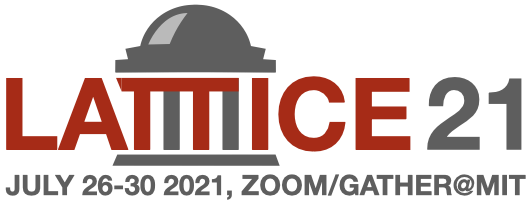Speaker
Description
We provide a modification to the textbook's quantum phase estimation algorithm (QPEA) inspired on classical windowing methods for spectral density estimation. From this modification we obtain an upper bound in the cost that implies a cubic improvement with respect to the algorithm's error rate. Numerical evaluation of the costs also demonstrate an improvement. Moreover, with similar techniques, we detail an iterative projection method for ground state preparation that gives an exponential improvement over previous bounds using QPEA. Numerical tests that confirm the expected scaling behavior are also obtained. For these numerical tests we have used a Lattice Thirring model as testing ground. The procedures described have the flexibility of allowing product formulas, e.g. Suzuki product expansions, as well as post-Trotter methods for Hamiltonian simulation.




